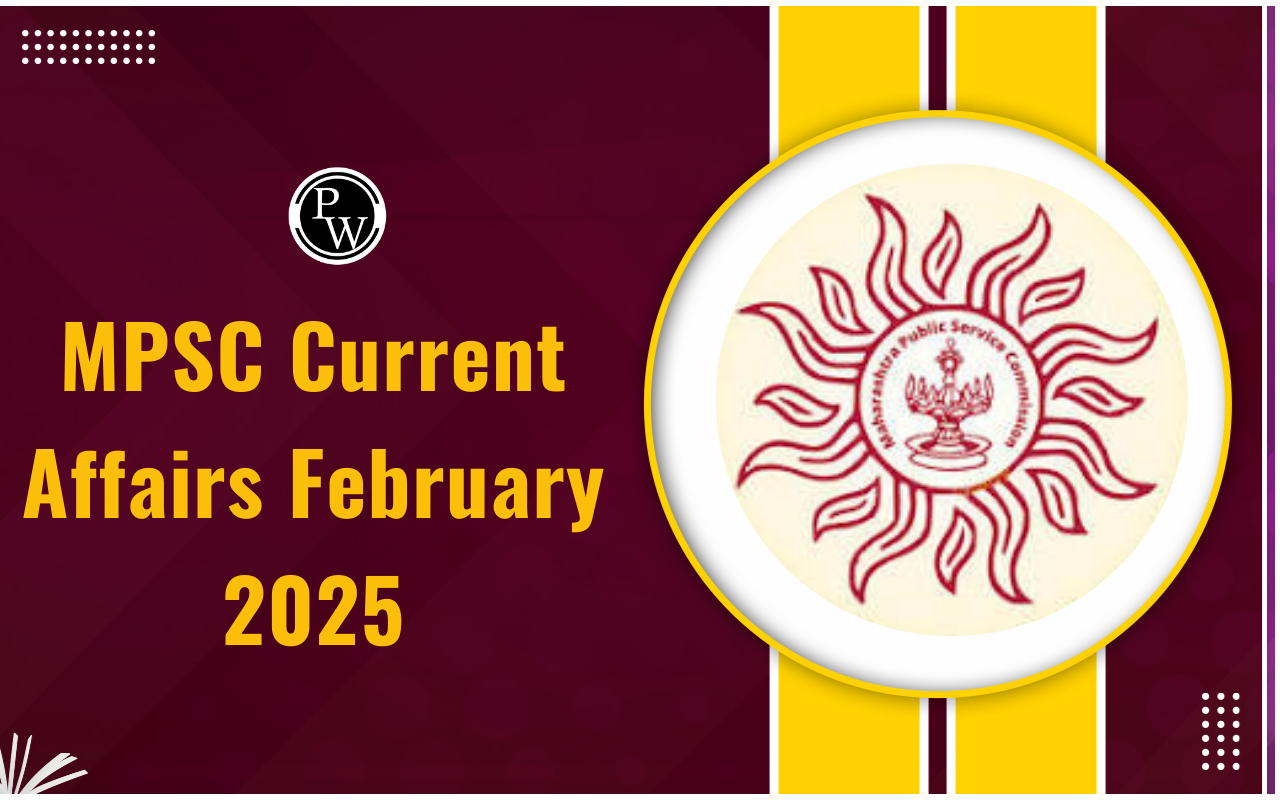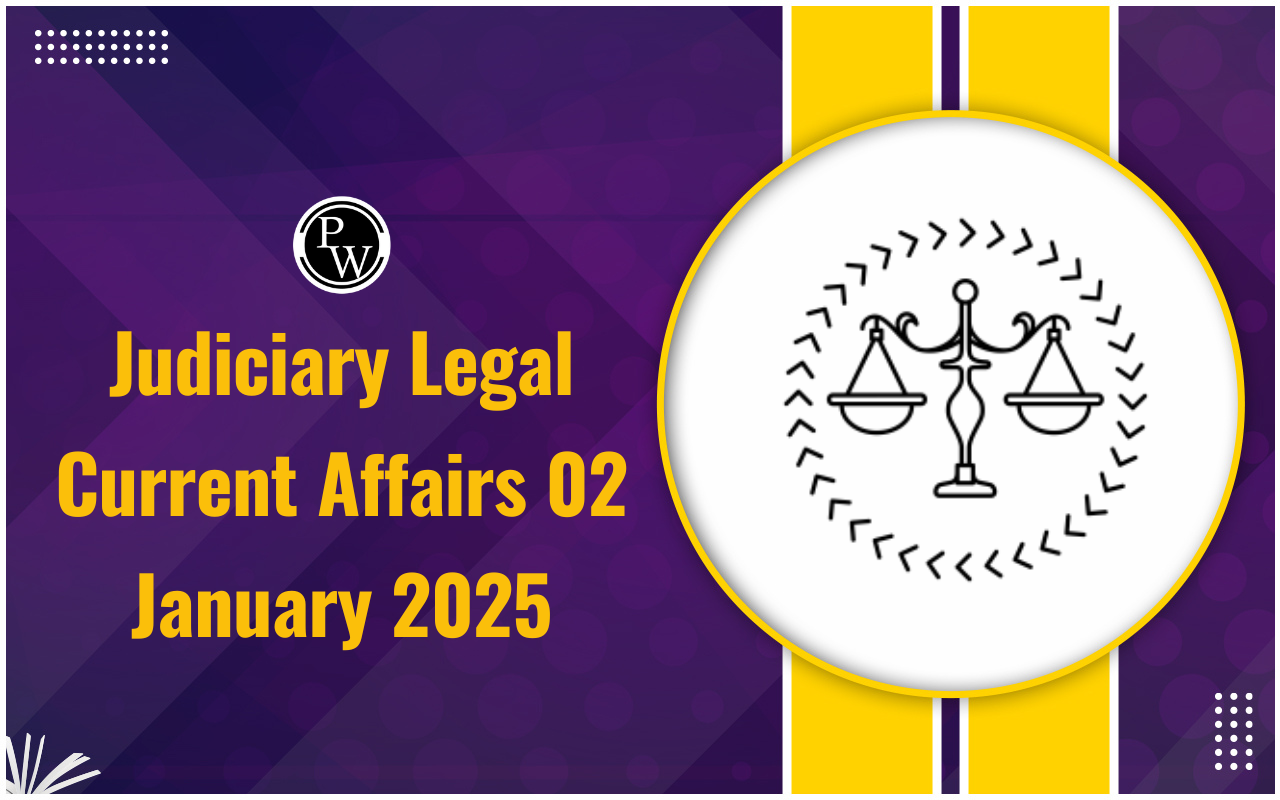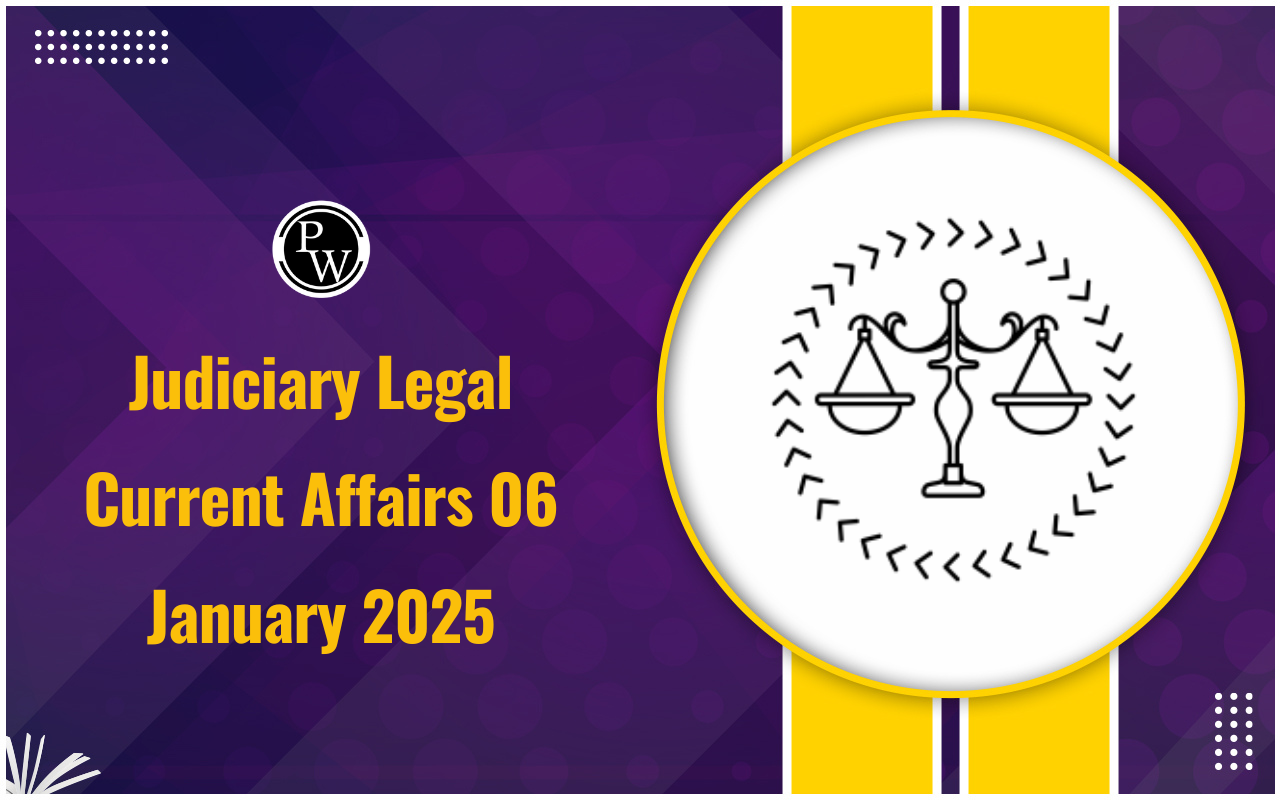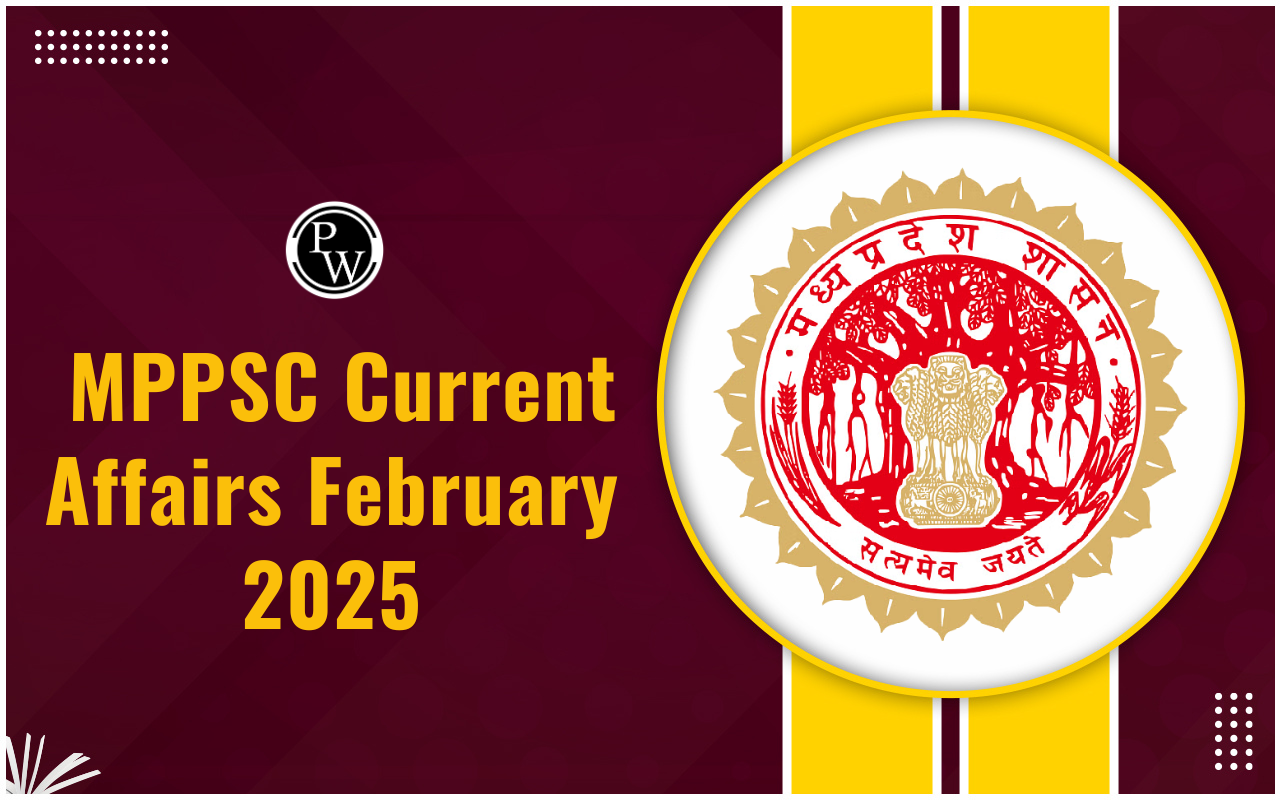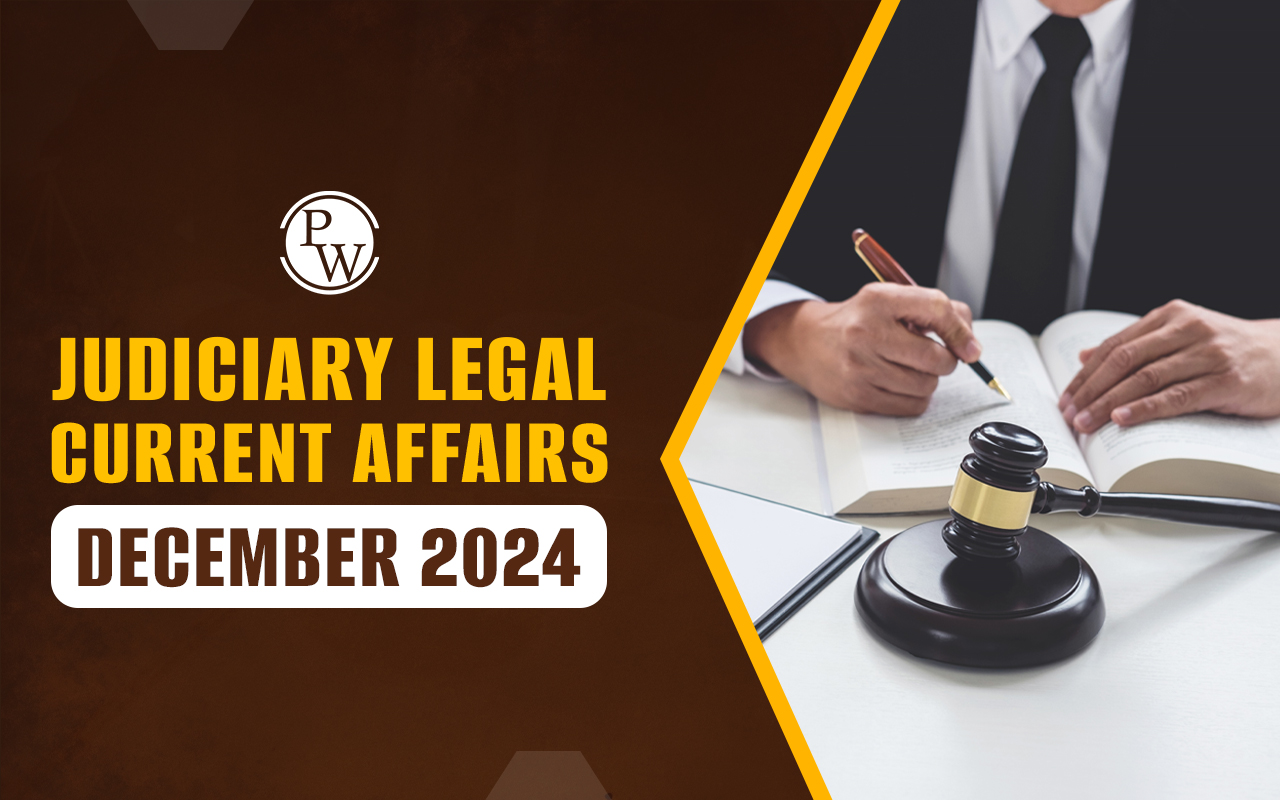
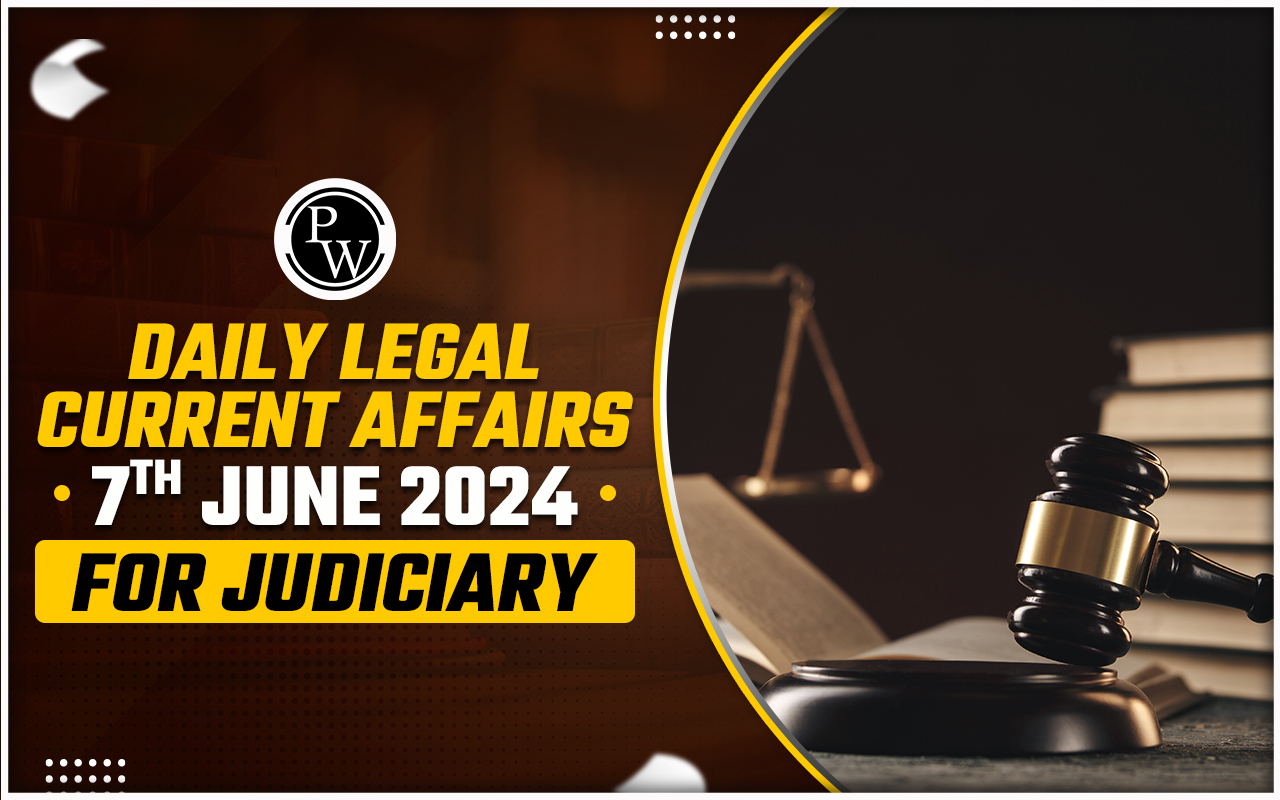
Smt. Praveen Prakash v. National Insurance Co. Ltd. & Ors
-
- BENCH: Justice Vivek Agarwal
- FORUM: Madhya Pradesh High Court
- FACTS OF THE CASE
-
-
- The writ petition was originally filed by the employee, aggrieved by her dismissal from the service of National Insurance Company, a government-owned public sector undertaking.
-
- COURT’S OBSERVATION
-
- Madhya Pradesh High Court has imposed a cost of Rs 25,000/- on a counsel appearing for the respondents, including the insurance company, in a service matter.
- Step was taken by the court due to the continuous non-appearance of the counsel, despite previous intimation that the case would be taken up on the afternoon of May 16, 2024 .
- The advocate appearing for the petitioners is an outstation counsel. The advocate has been appearing on behalf of the petitioner consistently, even in the absence of the respondents.
- The non-cooperation of the respondents' counsel ought to be dealt with cost of Rs 25,000/-.
Etvir Limbu v. State of U.P.
-
- BENCH: Justice Shekhar Kumar Yadav
- FORUM: Allahabad High Court
- FACTS OF THE CASE
-
- Nepali Citizen had been accused of illegally entering Manauri Air Force Station in Prayagraj in an intoxicated condition in February 2024. He was booked under Sections 3 and 7 of the Official Secrets Act, 1923 and Section 461 IPC.
-
COURT’S OBSERVATION
- Allahabad High Court observed that putting messages like 'dekhte hi goli maar di jayegi' and 'trespassers will be shot' on signboards erected outside installations/stations is not proper and that the Central Government should use “light words” instead to convey such strict warnings.
- The trespassers are not allowed to enter the premises of armed forces for the purpose of security, such messages/words have a detrimental impact on children, so the Central Government may take caution in writing these types of words.
- The single judge made this observation while granting
- Bail was granted to a Nepali Citizen who had been accused of illegally entering Manauri Air Force Station in Prayagraj in an intoxicated condition in February 2024.
Victim A v. State of Madhya Pradesh & Ors.
-
- BENCH: Justice Gurpal Singh Ahluwalia
- FORUM: Madhya Pradesh High Court
- FACTS OF THE CASE
-
-
- The accused, son-in-law of the petitioner, allegedly took away his younger sister-in-law (prosecutrix) and impregnated her.
- FIR was later lodged by the mother on behalf of her younger daughter.
- On 22.04.2024, after going through the case diary, the court instructed the petitioner's counsel to file an affidavit of the petitioner and her husband to the effect that they wouldn't turn hostile at the trial of the accused.
- After the petitioner filed an affidavit and appeared before the court in person, the court enquired the petitioner about the relationship with the accused at this juncture.
-
- COURT’S OBSERVATION
-
- Madhya Pradesh High Court rejected a plea for medical termination of pregnancy when the victim's mother conceded that they did not intend to prosecute the accused relative.
- The real intention of the prosecutrix and her petitioner-mother was evident from the petitioner's admission that they wouldn't support the prosecution case at the trial.
Also Check: Daily Legal Current Affairs 06 June 2024
Neetha G AND State of Karnataka & ANR
-
- BENCH: Justice S R Krishna Kumar
- FORUM: Karnataka High Court
- FACTS OF THE CASE
-
-
- The husband was convicted for offences punishable under sections 302, 201 r/w Section 34 of the Indian Penal Code for an offence registered in the year 2016.
- The convict has undergone imprisonment for five years and one month and was granted parole for a period of 15 days from 05.04.2023 to 20.04.2023 by a Coordinate Bench of Karnataka High Court, during which period the petitioner married the detenue.
- In her petition, it was argued that she is alone and living with her mother-in-law i.e., mother of detenue and she is deprived of her right of progeny.
- Her mother-in-law suffers from various ailments and she wishes to spend some time with her grandchildren hence, the petitioner desires that her husband be with him.
-
- COURTS OBSERVATION
-
- Karnataka High Court allowed a petition filed by a wife seeking parole leave for her husband who is a life convict on the ground that she is deprived of her right of progeny.
- The petition of the woman in part and granted general parole for a period of 30 days to the convict which would become operational from 05.06.2024 to 04.07.2024.
- The Court allowed the petition and directed that the convict shall mark his attendance in the jurisdictional police station, weekly once throughout the period of his parole and it would be the responsibility of the jurisdictional police to take him to gaol, in the event, the convict would evade going back to the gaol, after the expiry of the period of general parole.
- The Chief Superintendent of Prison shall stipulate strict conditions as are usually stipulated, to ensure the return of the detenue to the gaol and that the convict shall not commit any other offence during the period of parole.
ABC v XYZ
-
- BENCH: Justice R Subramanian and Justice R Sakthivel
- FORUM: Madras High Court
- FACTS OF THE CASE
-
-
- The husband filed for divorce on the grounds of cruelty.
- The husband argued that he was forcefully converted to Christianity by his wife's family.
- The husband contended that his wife did not even inform him about the birth of their child and after the birth of their child, his wife refused to live with him.
- The husband further argued that his wife had filed a police complaint against him. He added that their marriage was irretrievably broken and it was more serious than ordinary wear and tear of marriage.
- The husband thus argued that the trial court had not appreciated the evidence and wrongly concluded that the case was not proved. On the other hand, the wife claimed that she had not compelled the husband to convert to Christianity. Denying the allegations of desertion, she added that she had always tried to live with her husband, but it was he, who refused to live together. She added that she was ready and willing to live with the husband , but he had deserted her for almost 20 years without any reason.
-
- COURT’S OBSERVATION
-
- Madras High Court observed that a wife merely filing a complaint in the police station would not amount to cruelty, unless the husband proves that the complaint was a false dowry demand complaint.
- The Court observed that they could not find fault with the conduct of the wife, filing a police complaint with the intention of living together with her husband.
- In the absence of proof that the respondent [wife] filed a false dowry demand complaint, merely filing a complaint before All Women Police Station would not amount to cruelty.
- The wife had filed the police complaint in an attempt to reconcile with her husband and while the husband had assured the police to take his wife and child back with him, he did not keep up with his words.
- There was no evidence available on record to show that the wife had committed cruelty.
- The husband had failed to establish “animus deserendi” of the wife and thus, finding no fault with the order of the trial court, dismissed the appeal.
Daily Legal Current Affairs Practice Question for Judiciary
Q1) Which one of the following recognizes the principle of vicarious criminal liability under Indian Penal Code, 1860?
(a) Section 34 (b) Section 149 (c) Both (a) and (b) (b) None of the above Ans (c)Q2) Under section 461 of Indian penal code,Whoever dishonestly or with intent to commit mischief breaks open or unfastens any closed receptacle which contains or which he believes to contain property, shall be punished
(a)imprisonment of either description for a term which may extend to one year, or with fine, or with both. (b)imprisonment of either description for a term which may extend to two years, or with fine, or with both. (c)imprisonment of either description for a term which may extend to three years, or with fine, or with both. (d)None of the above Ans.(b)Q3) The doctrine of ‘transfer of malice’ is contained in _______ of IPC
(a) Section 34 (b) Section 144 (c) Section 301 (d) Section 420 Ans. (c) Q4) Cruelty to a woman by husband or relative of husband is defined under (a) Section 498A of the Indian Penal Code (b) Section 498 of the Indian Penal Code (c) Section 497 of the Indian Penal Code (d) Section 496 of the Indian Penal Code Ans. (a)Q5) Z strikes B. B by this provocation is excited to violent rage. A, a bystander intending to take advantage of B's rage and to cause him to kill Z puts a knife into B's hand for that purpose. B kills Z with the knife. What offence A is guilty of —
(a) Culpable homicide not amounting to murder (b) Abetting culpable homicide (c) Attempt to under (d) Murder Ans. (d)Judiciary Exam Current Affairs FAQs
How many months of current affairs is required for a Judiciary Exam?
Where can I study current affairs for the Judiciary?
How can I prepare for Judiciary current affairs?

